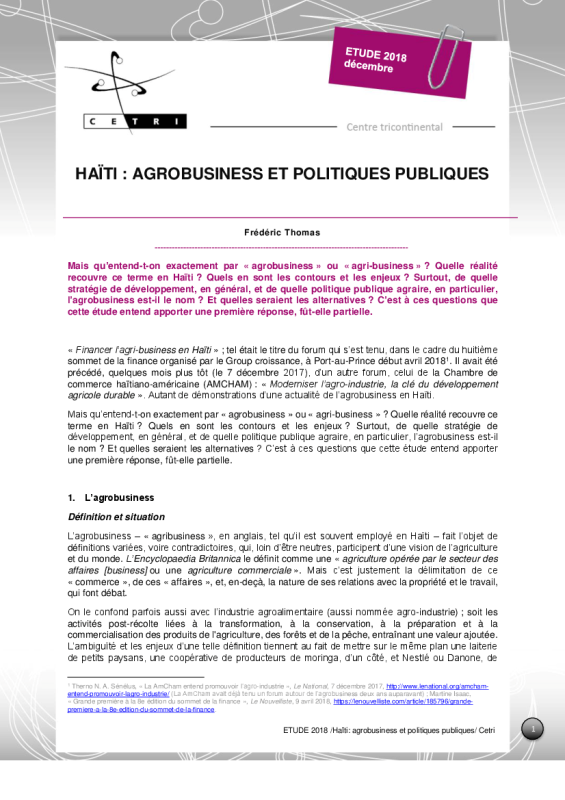How does organic agriculture contribute to food security of small land holders?: A case study in the North of Thailand
There has been a trend to encourage organic agriculture in response to improve global food security. This article investigated how organic agriculture contributed to food security of small land holders experiencing organic agriculture. It involved in-depth interview, focus group, and participatory observation from a purposive sample of thirty participants at San Sai and Muang Wa Villages, Luang Neua Sub-District, Doi Sa Ket District, Chiang Mai Province, the north of Thailand.



